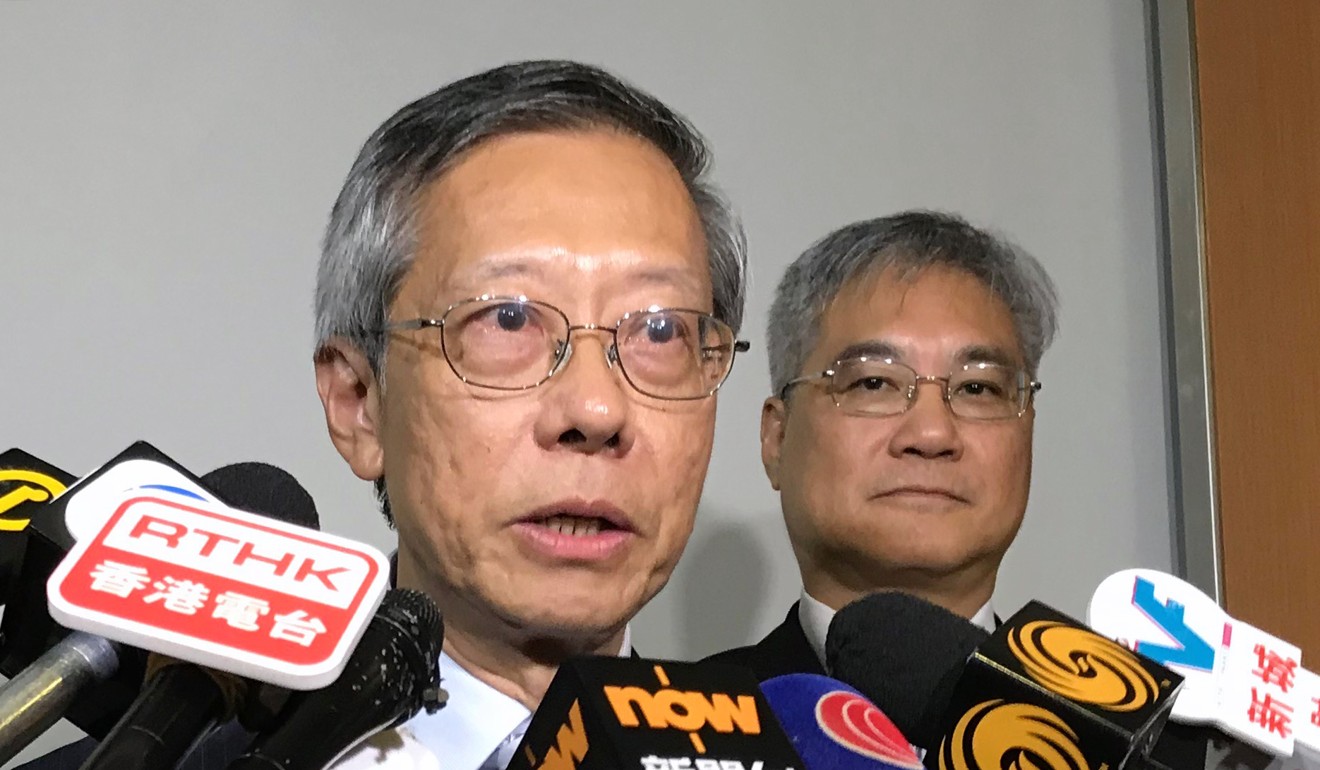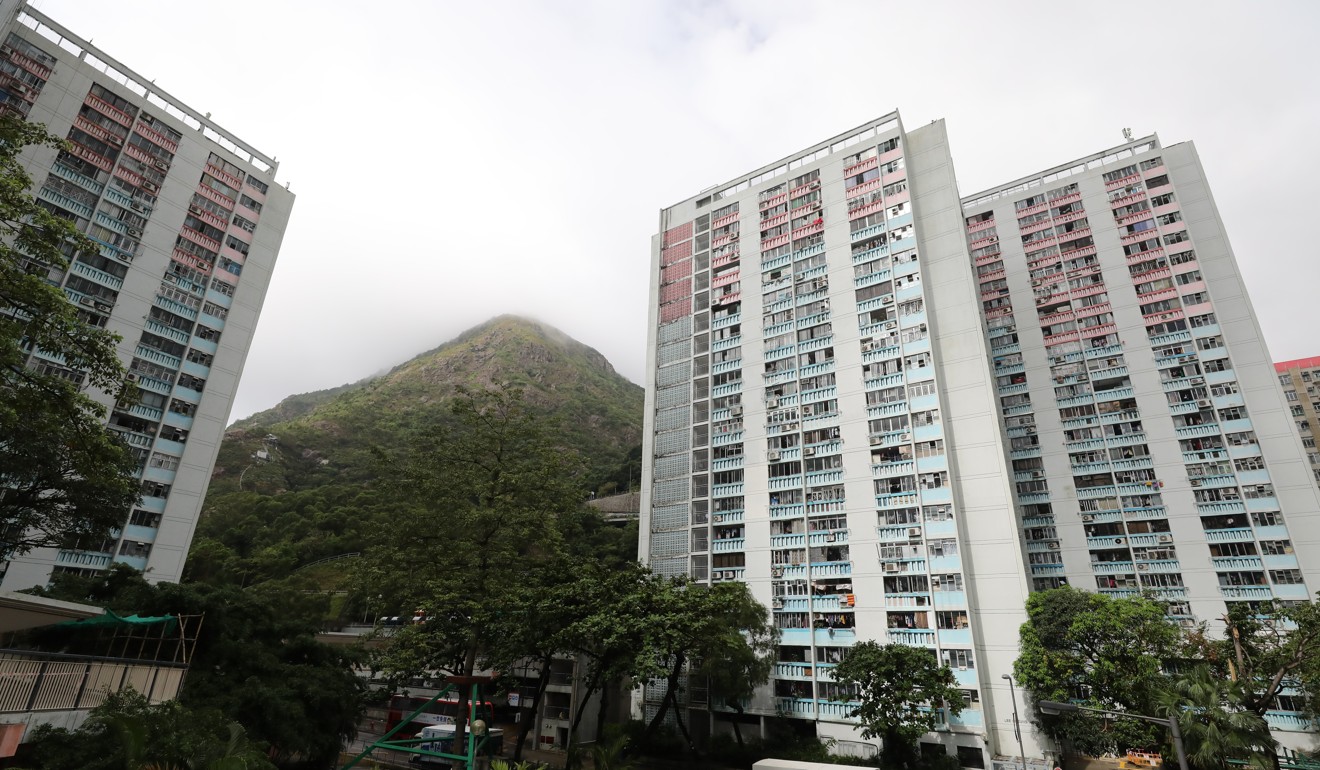
Downsizing in Hong Kong’s crowded housing market to be made easier for city’s elderly residents looking for a second-hand home
Housing Society aims to launch pilot scheme aimed at owners of subsidised flats in mid-2019, and hopes it will benefit young and old alike
A scheme to help Hong Kong’s elderly residents living in subsidised housing downsize will start in the middle of next year, the chairman of the city’s second-largest public-sector housing provider said on Thursday.

Under the existing system, owners of government-subsidised flats who bought their homes at a discount on the market rate have two choices. They can either choose to sell their flats to the private market, after paying back the discounted amount, or sell their flats in the second-hand subsidised housing market, without having to pay back the premium.
The second-hand market is markedly cheaper than the largely unaffordable private market, because flats have not had the premium paid. However, sellers in the second-hand market are unable to buy one back in the same market, because flats in the market are only available to buyers who have passed a means test, and have not owned any subsidised flats before.
This means owners of a subsidised flat have little incentive to sell in the second-hand market.
The society’s plan would allow a subsidised flat owner aged 60 or above to sell their flat, and then buy a smaller one in the second-hand market.
Subsidised housing should help poorer families realise their home ownership dream
According to the society, the scheme will not only release larger flats into the market for families in need, but also allow retirees to make a profit, giving them a more comfortable retirement.
“When we talk about public-sector housing resources, we often say a person should not be able to enjoy a public subsidy twice,” Chan said. “But, if a flat owner is only allowed to buy back after selling, there will only be one flat involved from the start to the end.”
Lawrence Poon Wing-cheung, a housing policy scholar at City University, said the scheme would be the first step in boosting circulation of flats in the second-hand subsidised housing market.
In the long run, he said, the government should enable homeowners of all ages to trade freely in the second-hand market, as long as they could still pass the means test.
“There may be people who want to downsize their homes before they reach 60, there may be people who want to move to a flat closer to work,” Poon said.

“There are many situations where subsidised homeowners want to sell and then buy back a subsidised home. They should not be locked into their current flat.”
Poon said this would not encourage speculation, because buyers and sellers both still need to pass a means test, and they cannot own more than one subsidised flat at a time.
On Thursday, Wong Kit-loong, the society’s CEO, said he expected that a discussion with the government about lower land grant cost would yield results this year.
Presently, the society needs to pay the government one-third of a site’s market value to develop subsidised housing on it. Under a new policy to make subsidised housing more affordable, the government has agreed to review the payment system with the society.
Money alone is no cure for Hong Kong’s housing shortage
Wong said the land grant mechanism with the Housing Authority, the city’s largest public-sector housing provider, was more affordable, because the authority only needs to pay the government 35 per cent of a project’s development cost, to develop subsidised housing on the site.
The development cost of a project is normally 10 to 20 per cent of a site’s market value, Wong said.
He said the society hoped its revised land grant mechanism could be similar.

